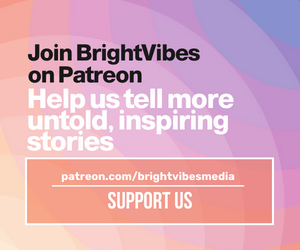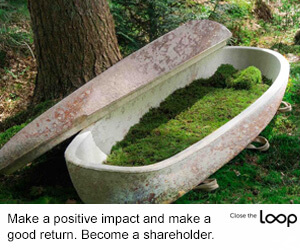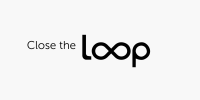More good news and inspiring stories
Latest Stories
Giving Back Until Death: The Mycelium Magic of Loop Biotech’s Living Coffin
In an innovative blend of sustainability and science, Loop Biotech's mycelium-based "Living Coffin" presents a groundbreaking leap towards eco-friendly end-of-life care. This inventive approach not only encapsulates Loop Biotech's commitment…























